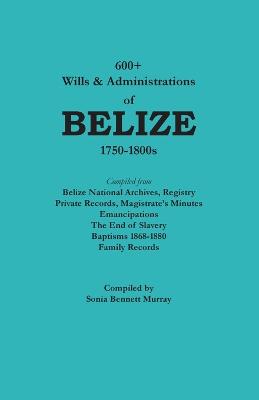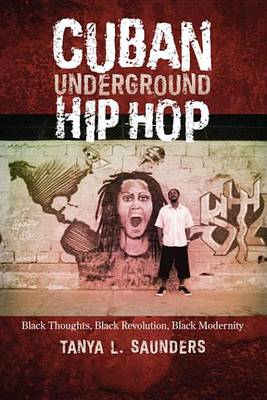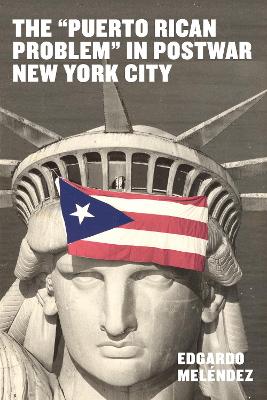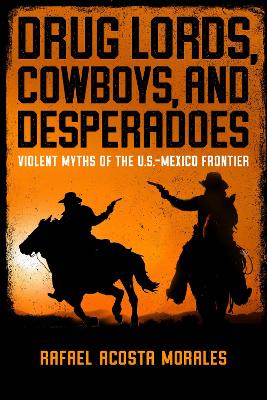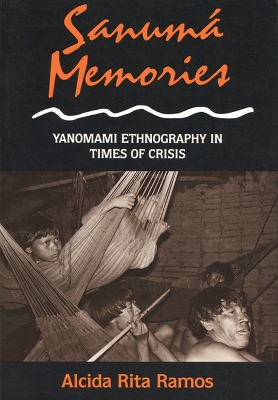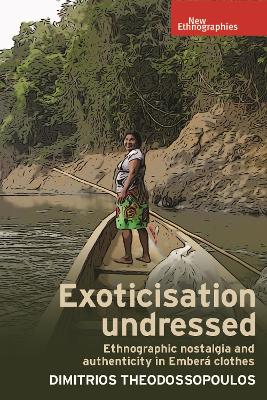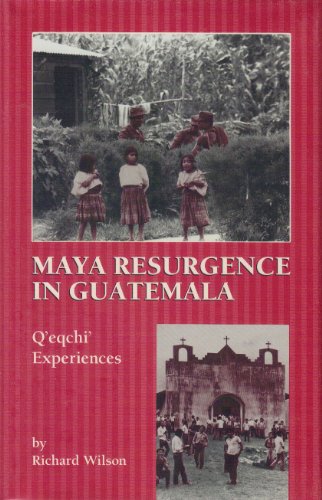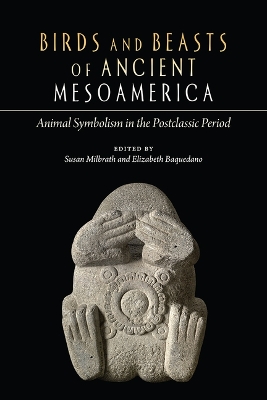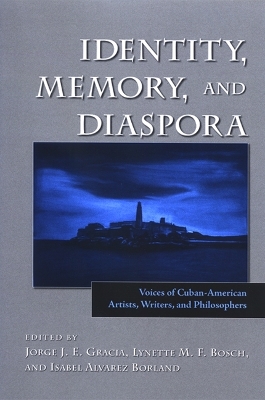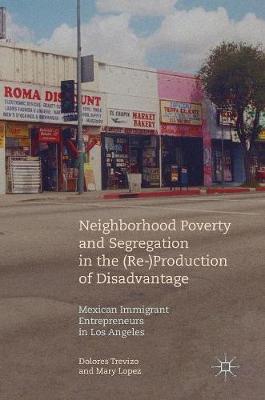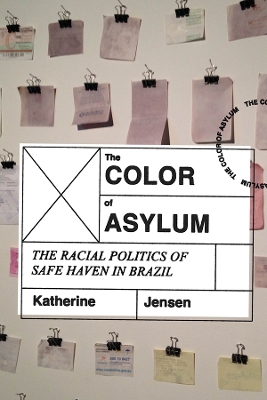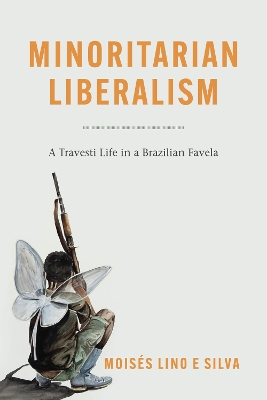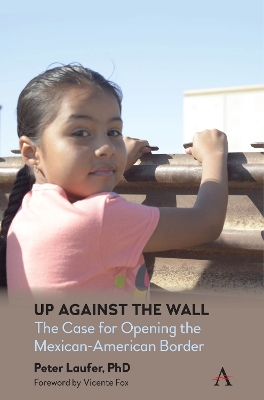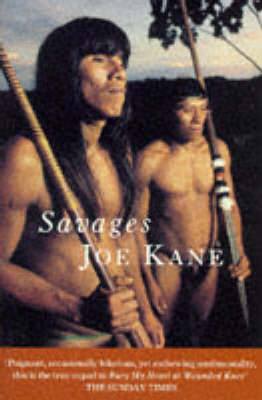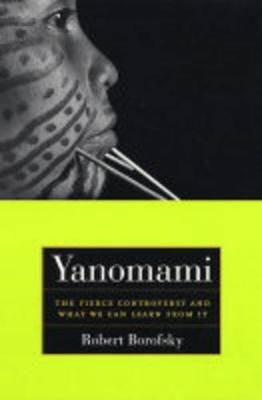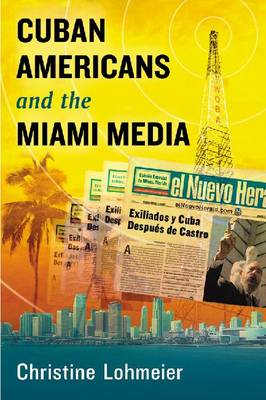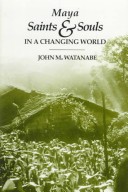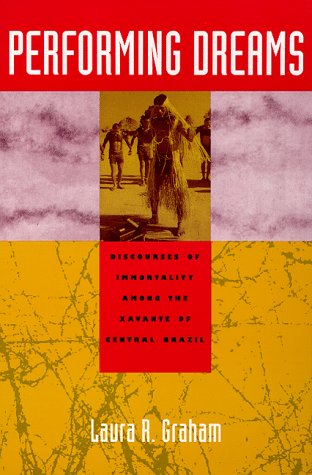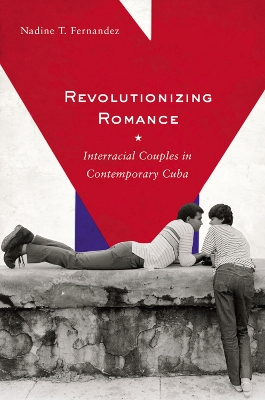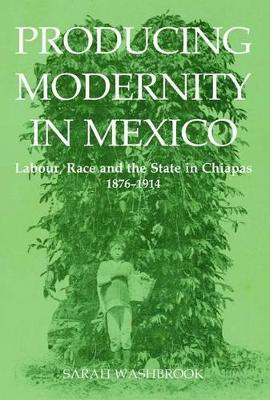How are injurious pasts redeployed by the dispossessed? After Servitude explores how agrarian engineers, Indigenous farmers, Mestizo mining bosses, and rural workers navigate racial hierarchies rooted in histories of forced agrarian labor. In the rural Bolivian province of Ayopaya, where the liberatory promises of property remain elusive, Quechua people address such hierarchies by demanding aid from Mestizo elites and, when that fails, through acts of labor militancy. Against institutional faith...
In the wake of the 1959 Cuban Revolution, a key state ideology developed: racism was a systemic cultural issue that ceased to exist after the Revolution, and any racism that did persist was a result of contained cases of individual prejudice perpetuated by US influence. Even after the state officially pronounced the end of racism within its borders, social inequalities tied to racism, sexism, and homophobia endured, and, during the economic liberalization of the 1990s, widespread economic dispar...
The "Puerto Rican Problem" in Postwar New York City (Latinidad: Transnational Cultures in the United States)
by Edgardo Melendez
Drug Lords, Cowboys, and Desperadoes (Latino Perspectives)
by Rafael Acosta Morales
Drug Lords, Cowboys, and Desperadoes examines how historical archetypes in violent narratives on the Mexican American frontier have resulted in political discourse that feeds back into real violence. The drug battles, outlaw culture, and violence that permeate the U.S.-Mexican frontier serve as scenery and motivation for a wide swath of North American culture. In this innovative study, Rafael Acosta Morales ties the pride that many communities felt for heroic tales of banditry and rebels to the...
Sanuma Memoirs
The Yanomami people of Brazil first attracted anthropological and popular attention in the 1960s, when they were portrayed as essentially primitive and violent in the widely read book Yanomamo: The Fierce People. To this image of the Yanomami another has recently been added: that of victims of the economic rapacity devouring the Amazon. Sanuma Memories moves beyond these images to provide the first anthropologically sophisticated account of the Yanomami and their social organization, kinship, an...
Exoticisation Undressed is an innovative ethnography that makes visible the many layers through which our understandings of indigenous cultures are filtered and their inherent power to distort and refract understanding. The book focuses in detail on the clothing practices of the Emberá in Panama, an Amerindian ethnic group, who have gained national and international visibility through their engagement with indigenous tourism. The very act of gaining visibility while wearing indigenous attire has...
Important work blends relational and essentialist approaches to the study of ethnicity. The outcome is an analysis of identity, religious conversion, armed insurrection, and State repression that takes into account constrained meanings (material and historical processes, both real and invented) and
Birds and Beasts of Ancient Mesoamerica links Precolumbian animal imagery with scientific data related to animal morphology and behavior, providing in-depth studies of the symbolic importance of animals and birds in Postclassic period Mesoamerica. Representations of animal deities in Mesoamerica can be traced back at least to Middle Preclassic Olmec murals, stone carvings, and portable art such as lapidary work and ceramics. Throughout the history of Mesoamerica real animals were merged with...
Identity, Memory, and Diaspora (SUNY series in Latin American and Iberian Thought and Culture)
This fascinating volume contains interviews with nineteen prominent Cuban-American artists, writers, and philosophers who tell their stories and share what they consider important for understanding their work. Struggling with issues of Cuban-American identity in particular and social identity in general, they explore such questions as how they see themselves, how they have dealt with the diaspora and their memories, what they have done to find a proper place in their adopted country, and how the...
Neighborhood Poverty and Segregation in the (Re-)Production of Disadvantage
by Dolores Trevizo and Mary Lopez
Focusing on shopkeepers in Latino/a neighborhoods in Los Angeles, Dolores Trevizo and Mary Lopez reveal how neighborhood poverty affects the business performance of Mexican immigrant entrepreneurs. Their survey of shopkeepers in twenty immigrant neighborhoods demonstrates that even slightly less impoverished, multiethnic communities offer better business opportunities than do the highly impoverished, racially segregated Mexican neighborhoods of Los Angeles. Their findings reveal previously overl...
An ethnography of the difficult experiences of refugees in Brazil. In 2013, as Syrians desperate to escape a brutal war fled the country, Brazil took the remarkable step of instituting an open-door policy for all Syrian refugees. Why did Brazil—in contrast to much of the international community—offer asylum to any Syrian who would come? And how do Syrians differ from other refugee populations seeking status in Brazil? In The Color of Asylum, Katherine Jensen offers an ethnographic look a...
A mesmerizing ethnography of the largest favela in Rio, where residents articulate their own politics of freedom against the backdrop of multiple forms of oppression. Normative liberalism has promoted the freedom of privileged subjects, those entitled to rights—usually white, adult, heteronormative, and bourgeois—at the expense of marginalized groups, such as Black people, children, LGBTQ people, and slum dwellers. In this visceral ethnography of Rocinha, the largest favela in Rio de Janeiro,...
This is a firsthand account of a small band of Amazonian warriors and their battle to preserve their way of life from the scourge of civilization. Joe Kane, author of "Running the Amazon", returns to the river to search for the Huaorani, a nation of 1300 nomadic warriors so remote that their language is unrelated to any other on Earth. For millenia all comers have been turned away from their land, a territory in the middle of the Ecuadorian Amazon the size of Massachusetts, USA. In the 1990s, th...
Yanomami (California Series in Public Anthropology, #12) (California Public Anthropology, #12)
by Robert Borofsky
"Yanomami" raises questions central to the field of anthropology - questions concerning the practice of fieldwork, the production of knowledge, and anthropology's intellectual and ethical vision of itself. Using the Yanomami controversy - one of anthropology's most famous and explosive imbroglios - as its starting point, this book draws readers into not only reflecting on but refashioning the very heart and soul of the discipline. It is both the most up-to-date and thorough public discussion of...
This book makes a contribution to the debates on diasporic identities and transnational communication. It offers an analysis of the Cuban-American community and their relationship to Miami-based English and Spanish-language media. Based on extensive ethnographic data, the author demonstrates how different media have been used, produced and influenced by segments of the Cuban-American community in Miami, Florida. After establishing the significance of Miami as a locale to receive a high number of...
For over a hundred years, Venezuelans have referred to themselves as a cafe con leche (coffee with milk) people. This colorful expression well describes the racial composition of Venezuelan society, in which European, African, and Indian peoples have intermingled to produce a population in which almost everyone is of mixed blood. It also expresses a popular belief that within their blended society Venezuelans have achieved a racial democracy in which people of all races live free from prejudice...
." . . Maya Saints and Souls is the most evocative, readable, personal and captivating [study] currently in print on Mesoamerica." --John P. Hawkins, Professor of Anthropology, Brigham Young University The Maya of Santiago Chimaltenango have experienced increasingly rapid, even violent, integration into Guatemalan society in the last fifty years, yet they still distinguish themselves ethnically from Spanish-speaking Guatemalans and other Maya. Why this sense of ethnic identity persists--and also...
Over several centuries, the Xavante of Central Brazil have maintained an invincible sense of identity and feeling of control over historical processes, despite repeated invasions by colonists and settlers, capitalist commercial ventures, and most recently, an enormous government-sponsored agricultural project. In this discourse-centered study, Laura Graham explores how the Xavante use the ritual performance of myths and dreams to maintain their culture despite these disruptive forces. At the hea...
Revolutionizing Romance
Scholars have long heralded mestizaje, or race mixing, as the essence of the Cuban nation. ""Revolutionizing Romance"" is an account of the continuing significance of race in Cuba as it is experienced in interracial relationships. This ethnography tracks young couples as they move in a world fraught with shifting connections of class, race, and culture that are reflected in space, racialized language, and media representations of blackness, whiteness, and mixedness. As one of the few scholars to...
Producing Modernity in Mexico (British Academy Postdoctoral Fellowship Monographs)
by Sarah Washbrook
Race, ethnicity and gender played an important role in the complex relationship between export agriculture, labour and state power in Chiapas during the regime of Porfirio Díaz (1876-1914). This case study of tropical plantation development and a major regional study of modern Mexico analyses the politics of state-building and the history of land tenure and rural labour in the state of Chiapas in the period leading up to the outbreak of Revolution in 1910. The book also contributes to the growin...
